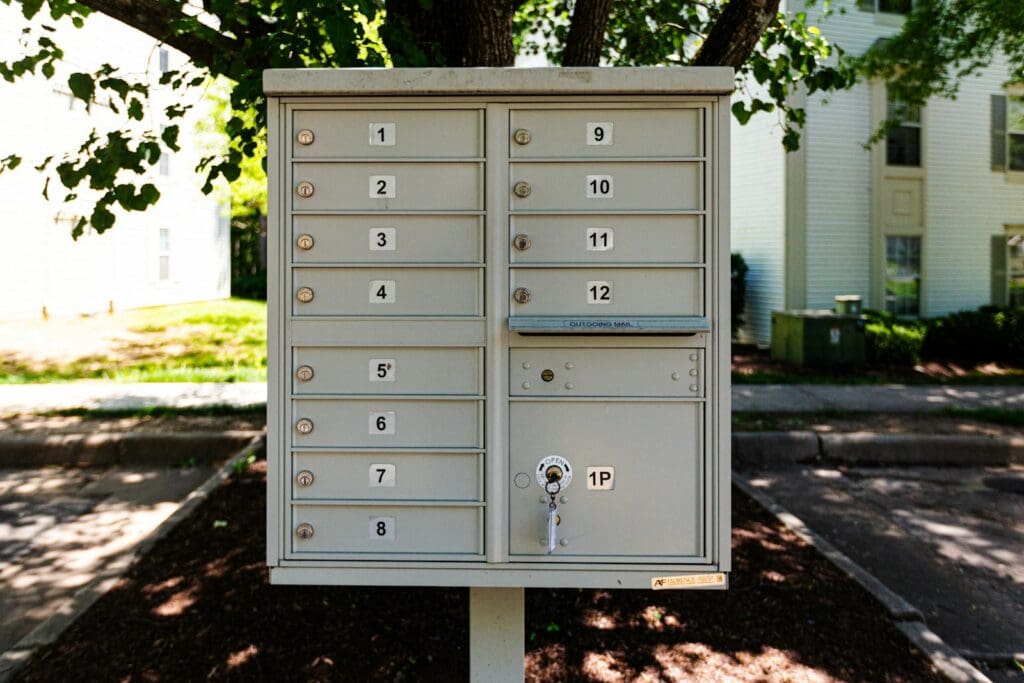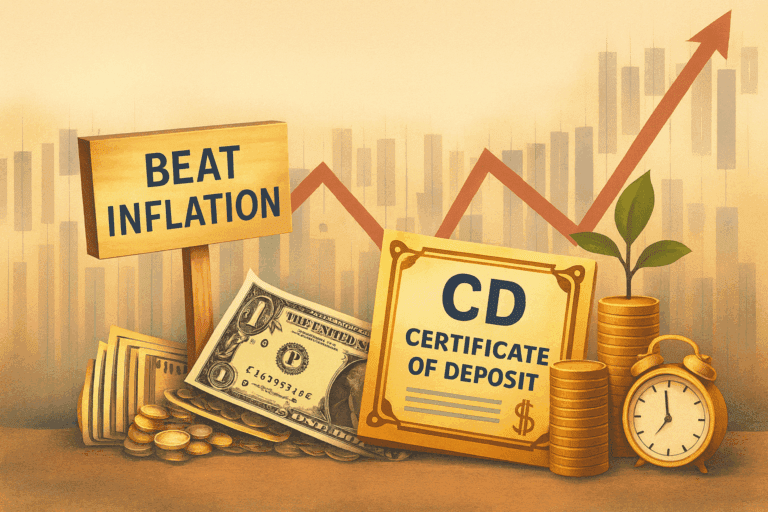Going to college feels like a right of passage. You went through school and now you get to have the freedom to choose what degree you want to study. However, many people have to take out student loans to make the college dream a possibility. Here are 10 things you should be aware of first.
Keeping Track of Your Loans

Addresses can change a lot during the college years — and after them. You must make sure you update your address every time you move so your loan company can send you information via the mail. Also, make sure you are keeping track of what debt you have when it comes to your student loans. This can help you out in the future, because you will know exactly where you stand.
What Does It Mean To Be a Cosigner?

If you have a cosigner for your loans, it is important to know that everyone who signed your loans is legally responsible for paying the loans back. It depends on your family as to who will carry the burden of paying back the loan. Some families will share the burden, while others will have one person pay off the debt.
Know Your Loan Terms

Any time you take out a federal student loan, you have to sign what is called a federal student loan promissory note. This note will tell you all the terms and conditions of your loan. It is important to make sure you know these details, as they will have information about paying them off.
Use Auto-Pay To Save Money

Setting your student loan payments up for auto-pay is a smart idea. Some loan companies will give you a slight discount on your interest payment if you set up auto-pay. When doing this, it is important to make sure that you don’t overdraft in your bank account. That would be an unpleasant surprise.
Know the Loan Forgiveness Conditions

If you work in certain fields, such as education, for the government, or certain non-profit organizations, you can qualify for loan forgiveness. To qualify, you need to make 10 years’ worth of on-time payments. You also must be working full-time in public service and using an income-driven repayment plan. There are other ways to qualify for loan forgiveness, but they are not as happy. You can either have a long-term disability or pass away for your loan to be forgiven.
Know Your Federal Loan Repayment Options

There are a total of eight different repayment plans for federal loans. We can’t list them all here, so it is a good idea to research them. Some of the repayment plans are Standard, Graduated, and Extended. Knowing the different options for repayment can help set you up for success in repaying your student loans.
Be Cautious When Considering Refinance Options

The interest rate on student loans varies from when the person got the loan. There is a possibility that by the time someone graduates, there could be a comparable loan that is newer and has a lower interest rate. When this occurs, there is the possibility to refinance a loan. However, this should be done with extreme caution. You don’t want to refinance and have it be detrimental to you paying back your loan.
Ask for Relief

Sometimes it is hard to ask for help. But if you are going through a financial burden and cannot pay your student loan, there is a chance to ask for relief. There are two types of forbearance that you can apply for — general and mandatory. General forbearance is where the loan provider decides whether or not to grant forbearance. Mandatory forbearance is when your loan provider has to grant you forbearance.
Read More: 10 Steps to Create a Successful Debt Repayment Plan
Make Use of the Student Loan Tax Deduction

Did you know you can take up to $2,500 federal income tax deduction for each calendar tax year? To qualify, your adjusted gross income has to be less than or equal to $70,000 if you are filing single or $140,000 for married taxpayers. Just make sure you have your 1040 form ready!
Read More: Everything You Should Know About College Grants
Return to Higher Education and Pause Your Loans

If you return to higher education, you will have the opportunity to pause on your student loans. You will have to at least be a half-time student and have subsidized federal government student loans. If you have private or unsubsidized federal student loans, that is a different story. You will have to pay your loans regardless if you are in school or not.
Read More: 10 Questions to Ask Before Taking Out a Personal Loan








